As World Green Building Week 2017 comes to a close, we sound galvanize our resolve to limit global warming as National Geoscience suggest the goals set out in the Paris climate agreement are actually achievable.
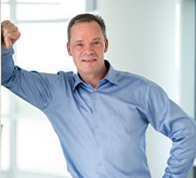
Yet the test our society faces is immense. The planet is heating up and the global population is growing, requiring a greater volume of resources. The combination of these two mega-trends poses a stark challenge to humanity.
To combat this, we need to foster new models of low carbon growth. Energy efficiency is the low hanging fruit and simply doubling the annual rate of improvement in energy efficiency to 3% per year would deliver two-thirds of what needs to be done to meet the bold commitments agreed at COP 21 in Paris.
Building owners have a huge part to play in this. Faster renovation of existing infrastructure is long overdue.
The renovation rate for buildings currently stands at about 1.2%, far short of what is required. Accelerated renovation, lifting the rate to around 3% per year in developed countries, will be a key factor for success.
This would require the implementation of new policies in building codes and performance-based procurement, as well as fiscal measures.
Policy frameworks need to change to focus on connected technologies for smart buildings and cities instead of individual product performance. Changing financing mechanisms so that future savings and benefits are used to mitigate the initial investment and renovation budget hurdles would also have a great impact.
The sustainability route
But organisations can’t just sit and wait. Building owners, landlords and occupants need to start viewing sustainability as the most attractive route to generating financial, environmental and social benefits, rather than just an acceptable sacrifice they need to make for the greater good.
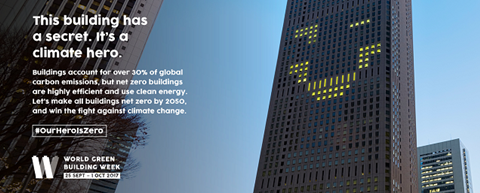
The financial rewards are significant. Analysis conducted by Philips Lighting for World Green Building Week suggests that businesses around the world could realise savings of up to $1.5trn in reduced rental costs alone if their office buildings were refurbished to the most efficient standards of today.
And this is just scratching the surface of the financial gains that can be made by using smart technology in buildings.
The commitments of the Paris climate agreement are achievable. But organisations could achieve so much more for themselves, their employees and the societies they operate in, simply by embracing the benefits of smart technology and energy efficiency. Accelerating the rate at which they renovate their buildings would be a highly effective starting point.























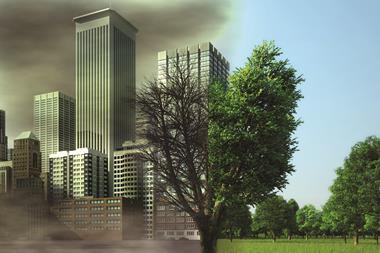

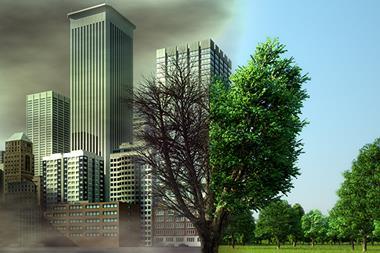

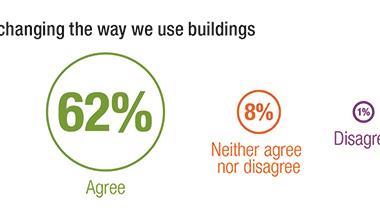
No comments yet